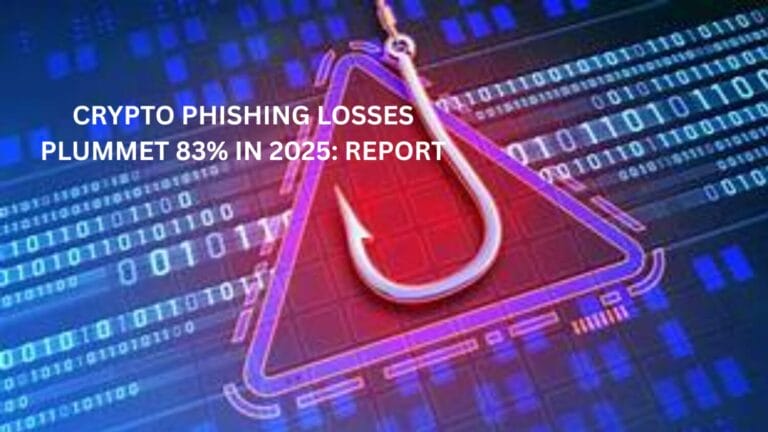Key Takeaways
- For extorting 5 million rubles (almost $90,000) in cash and 55 million rubles (nearly $1 million) in digital assets from another individual, two Russian citizens were sentenced to nine and seven years in jail, respectively.
- During the trial, the St. Petersburg City Court acknowledged cryptocurrency as a method of payment, according to Russian media RBC. Prosecutors believe this is the very first ruling because the Moscow government has yet to decide on the legal status of bitcoin, among other factors.
- One of the criminals, Pyotr Piron, pretended to be a Federal Security Service officer to the victim, G.A. Shemet, four years ago (FSB).
The City Court of St. Petersburg has acknowledged a considerable sum of cryptocurrency turned over by the victim in an extortion case as a form of payment. The verdict is described as a precedent by the prosecutor’s office in Russia’s second-largest city.
Two Russian residents were condemned to nine and seven years in prison for extorting 5 million rubles (almost $90,000) in cash and 55 million rubles (nearly $1 million) in digital assets from another individual under a rigorous regime.
The St. Petersburg City Court has acknowledged cryptocurrencies as a form of payment during the trial, according to the crypto website of Russian business news portal RBC. The verdict is a first, according to prosecutors, because the Russian government has yet to decide on the legal status of bitcoin and other cryptocurrencies.
Pyotr Piron, one of the criminals, presented himself to the victim, G.A. Shemet, as a Federal Security Service officer four years ago (FSB). According to the story, he threatened Shemet with criminal prosecution in order to extract money from him in fiat and cryptocurrencies.
Because Shemet did not believe Piron was a security agent and refused to give him the money, Piron enlisted the services of an accomplice, Yevgeny Prigozhin, a former employee of the Russian Ministry of Internal Affairs (MVD).
They informed Shemet that an investigation into his alleged illegal bitcoin circulation would be launched. In the summer of 2018, they staged a phoney arrest of the crypto owner, forcing him to hand up his fiat cash and crypto stash under threat of torture.
The stolen cryptocurrency was not taken into account in the initial judgement of the city court. According to the verdict, cryptocurrency “is not a means of payment on Russian Federation territory, so it cannot be deemed a civil rights issue or a criminal.”
After an appeal, a cassation court ruled that cryptocurrencies can still be used as a payment method and remanded the case to the first instance court. The city court announced a revised decision that included the digital cash without modifying the defendants’ sentence terms.
This comes after a district judge in St. Petersburg allowed law enforcement personnel to seize stolen cryptocurrency in another criminal case earlier this month. Investigators had requested the seizure of a suspect’s two dozen cryptocurrency wallets, which contained 1 billion rubles in ethereum (ETH).
Authorities consider this is the first ruling because the Moscow government has yet to decide on the legal status of bitcoin, among other factors.
Russia’s central bank suggested prohibiting the use and mining of cryptocurrencies on Russian soil in January, citing dangers to financial stability, individuals’ well-being, and the country’s monetary policy sovereignty as reasons.
previously a high-ranking member of the management of Butyrskaya prison in central Moscow’s Tverskoy District was being investigated for putting up a crypto mining farm. Formerly known as Butyrka, is Russia’s oldest prison, dating back to 1771.
The coin minting equipment was discovered in the Federal Penitentiary Service’s psychiatric clinic at the institution. According to the business newspaper Kommersant, the Russian Federation’s Investigative Committee is presently investigating one of the deputy wardens for alleged power abuse.










